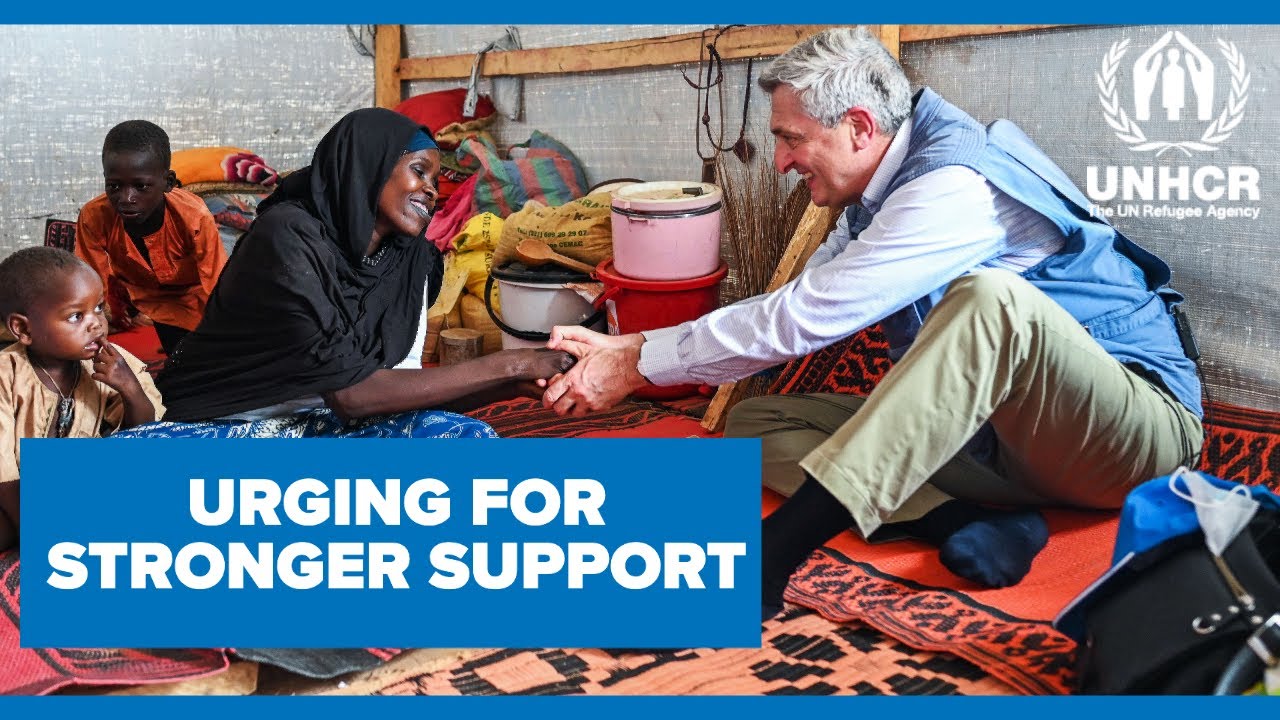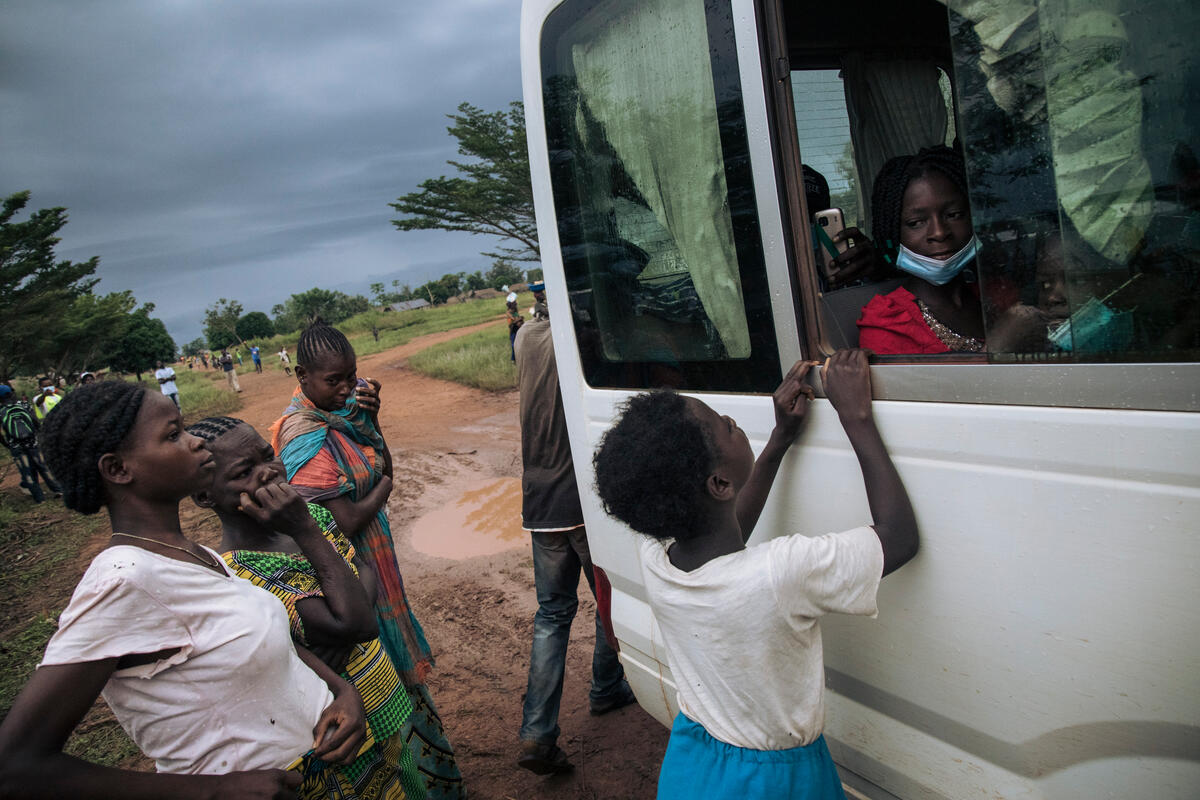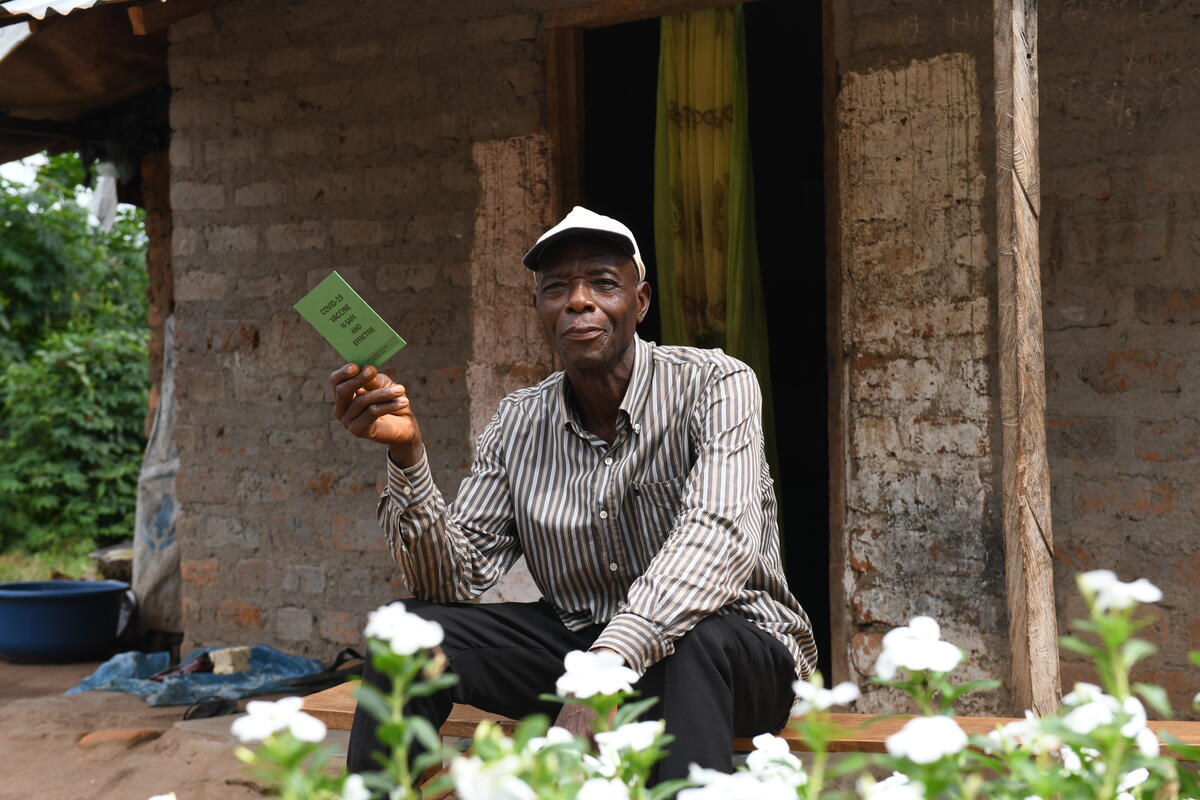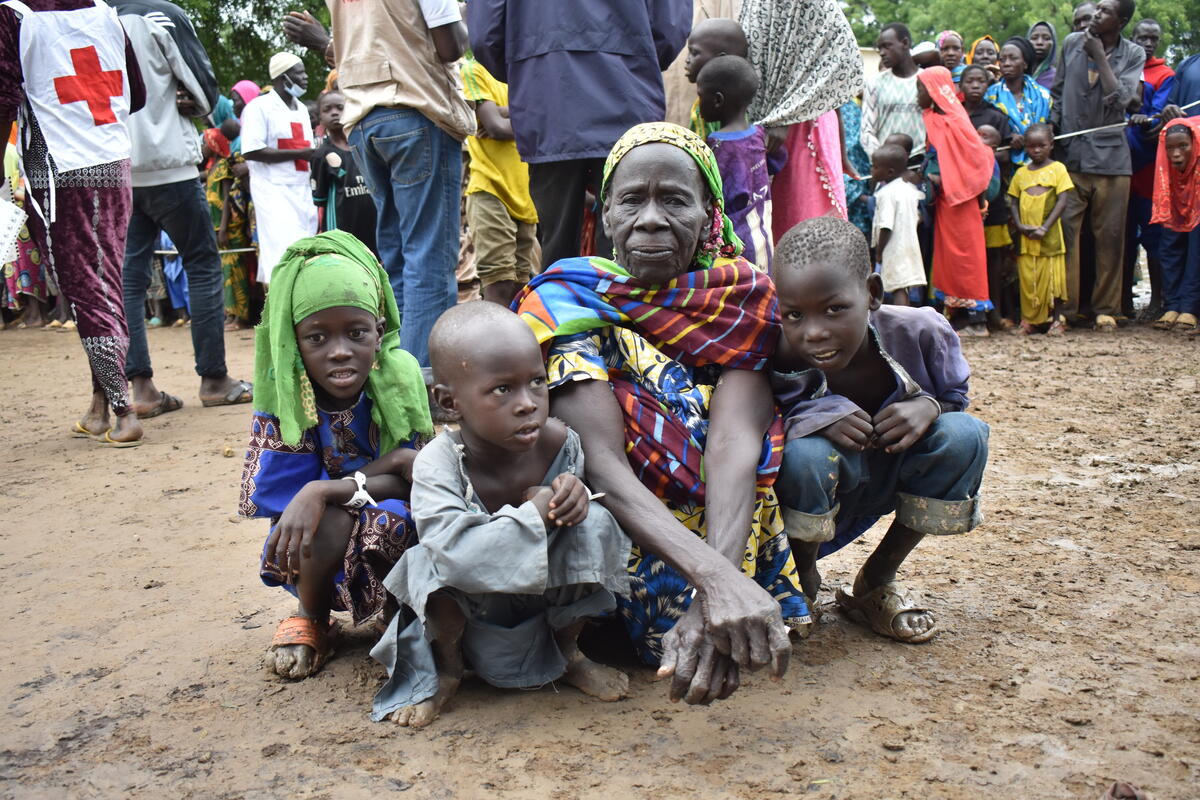UNHCR alarmed by continuing forced returns of Nigerians by Cameroon
UNHCR alarmed by continuing forced returns of Nigerians by Cameroon
UNHCR, the UN Refugee Agency, is today expressing its alarm at continuing forced returns to Nigeria of refugees and asylum-seekers from Cameroon’s Far North Region.
Despite UNHCR’s advocacy efforts and engagement with the authorities, 385 Nigerians have been forcibly returned from Cameroon since the beginning of 2018. The majority of them were returned during the last month.
More specifically, on 10 April, 160 Nigerian refugees and asylum-seekers were forcibly returned to Nigeria’s Borno state – an area whose residents continue to face risks. They had been seeking refuge in Cameroon’s Waza district since 2014.
On 17 April, an additional 118 asylum-seekers were forcibly returned to Borno state. They had arrived in Cameroon only two days earlier, having fled violence by Boko Haram.
The forced returns are in violation of the principle of no forced returns or non-refoulement. They are also a significant setback to progress previously achieved by Cameroon in granting asylum to Nigerian civilians fleeing Boko Haram violence in Borno State.
UNHCR appeals once again to the authorities in Cameroon to refrain from further forced returns and to ensure protection to those fleeing insecurity and persecution in Nigeria, in accordance with Cameroon’s national and international obligations. In total, UNHCR has registered some 87,600 Nigerian refugees in the country.
While recognizing the legitimate national security concerns of States affected by the Boko Haram crisis, it is important that refugee protection and national security are not seen as being incompatible. Properly functioning screening, registration and asylum systems help safeguard host country security.
UNHCR reiterates its support to the government of Cameroon to ensure that all those seeking international protection have access to efficient screening and registration procedures, as well as appropriate reception arrangements.
Contacts:
- In Dakar, Romain Desclous, [email protected], +221 786 396 385
- In Geneva, Babar Baloch, [email protected], +41 79 513 95 49
- In Geneva, Aikaterini Kitidi, [email protected], +41 79 580 8334









